13 Things to Know Before Studying in Australia
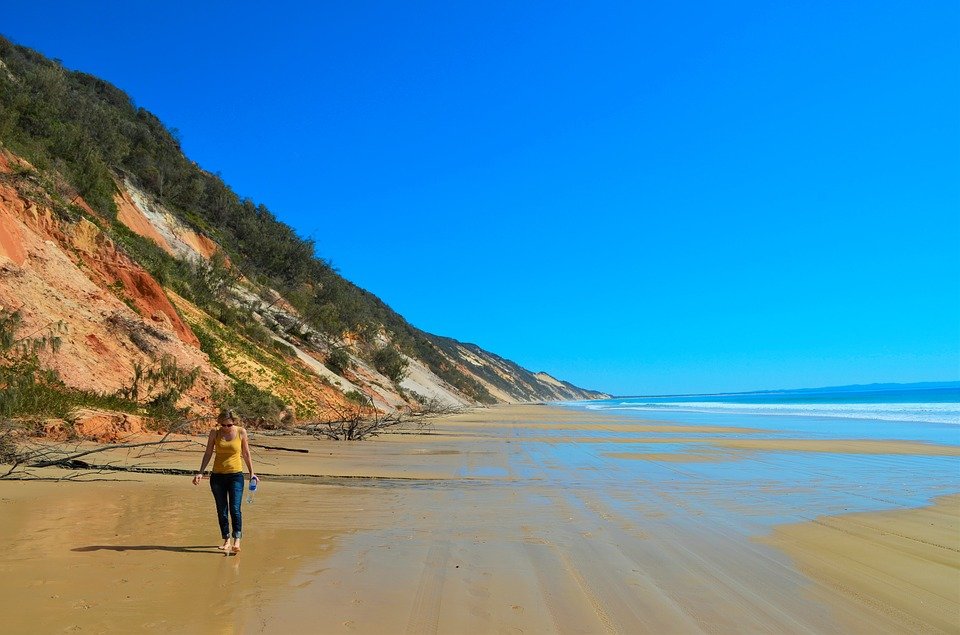
When we think of Australia, coral reefs, beautiful sandy beaches, and some frightening wildlife come to mind. But there's a lot to know about this island nation. If you're considering studying abroad in Australia, it's important to do some research about the culture, food, history, and social norms. Otherwise, you may find yourself in a bind or facing some difficult surprises once you’re abroad.
Whether you choose to study in Australia with ISA, TEAN, or your own university, there are a few things your advisor may have skipped over in your pre-departure orientation package. From the logistics of getting your visa to being prepared for the cost of living to knowing NOT to call ladies “sheilas,” there’s a lot you should know about Australia before you hop a plane to the land down under.
1. You Need a Visa
To study in Australia for more than three months, you will need a visa. The process for applying is fairly easy. It’s all done online and it is virtually linked to your passport -- no embassy visits or waiting for it to arrive in the mail. However, the fee is expensive, so be prepared! If you study for less than three months, you should be able to go on a regular visitor visa, and save yourself some cash.
2. You May Need to Get Health Insurance
Make sure to look into this. If you are going on a study abroad program, it may be included, but if you are studying directly with a university, chances are you’ll be required to get health insurance in Australia.
Specifically, the Australian government requires that all international students obtain Overseas Student Health Cover (OSHC). Insurers can provide a range of different OSHC products, so you'll want to make sure you sign up for a plan that fits your desired coverage. Learn more about OSHC and get a list of providers here. And remember, check in with your study abroad program to make sure you have the full scoop about what is and is not covered.
3. Think Carefully About Where You Want to Study
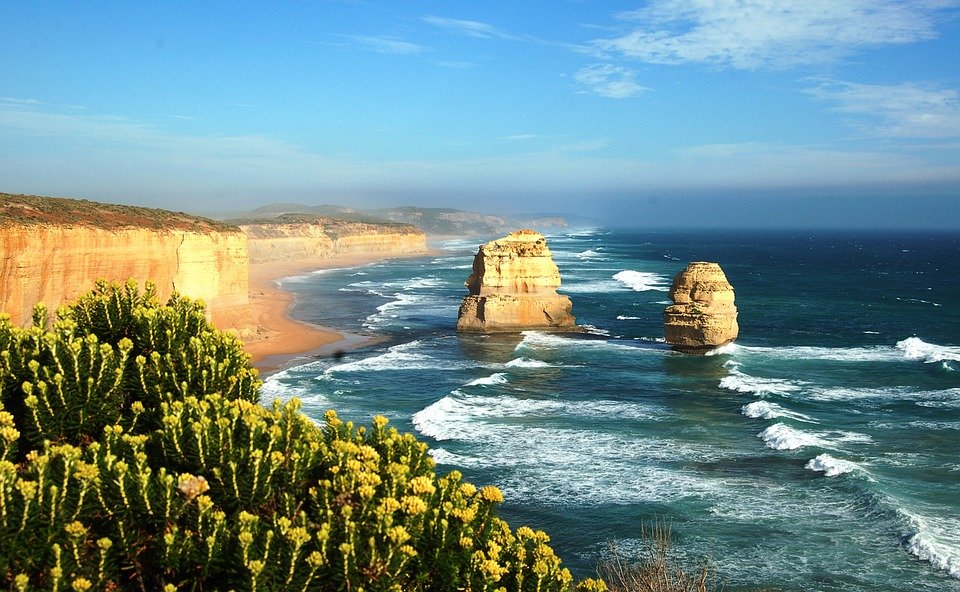
There are a lot of different kinds of places in Australia for you to choose from on your study abroad trip. Do you prefer city or rural? Do you want to spend all your free time at the beach (OK, just about anywhere in Oz is conducive to that!), or do you prefer getting out into “the bush”? Certain areas may be better for you depending on what you study.
If you’re a marine biology major, then perhaps Queensland near the Great Barrier Reef might be a good option. If you’re a business major, maybe studying abroad in Sydney might be a better fit. And besides Sydney, there are plenty of options in cities both big and small. Perhaps check out programs in Adelaide, Brisbane, Perth, Melbourne, or Canberra, to name a few.
Read more: Best Places to Study Abroad in Queensland
4. Jet Lag is a Real Thing
The time difference between Australia and the Americas is intense. If you arrive in the morning, force yourself to stay up (and ideally explore!) all day. If you arrive at night, go to bed. The sooner you dive into your new time zone, the better.
After that initial jet lag is over though, you'll then be faced with the complicated issue of finding a good time to talk to your friends and family back home! Just make sure when you suggest a time for a Skype date, you include the time/date in both your and their time zones to avoid confusion!
5. Australia is Expensive
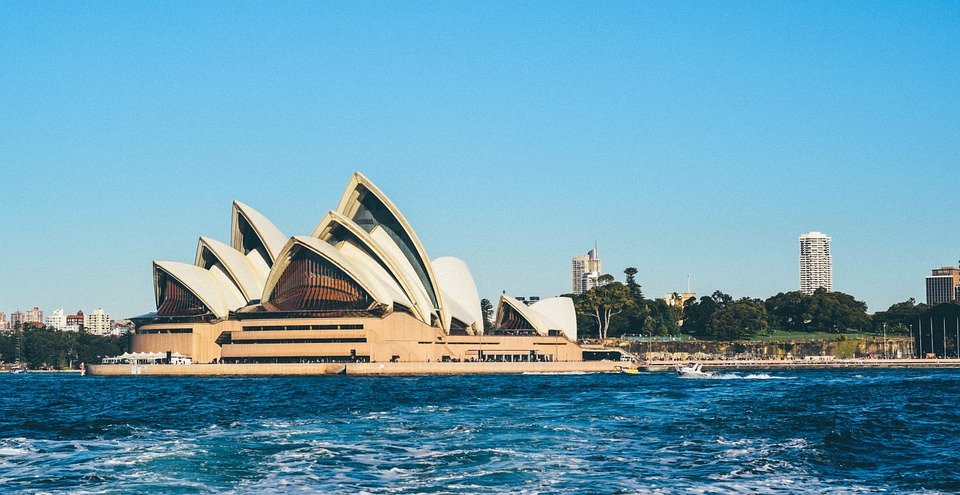
Sydney and Melbourne regularly make the top ten lists of the world’s most expensive cities. From housing to groceries, prepare to experience some sticker shock and make sure to have a good chunk of change saved.
Be sure to create a budget and do your best to stick to it. Go Overseas created a handy guide that goes over the costs of studying abroad in Australia, and our experts recommend budgeting an additional $6,000-$7,000 for living expenses, not including tuition, room, and board. If that number gives you sticker shock, be sure to read up on how to study abroad in Australia on a budget.
6. The Seasons are Flipped!
If you are going to Australia in the northern hemisphere's summer, for example, you'll be flying straight into winter. And despite the images of sunshine and beaches that may be swimming in your head, if you are studying in one of the big cities in the south (like Sydney or Melbourne) it WILL get cold. Make sure you pack accordingly.
7. Australia is Huge
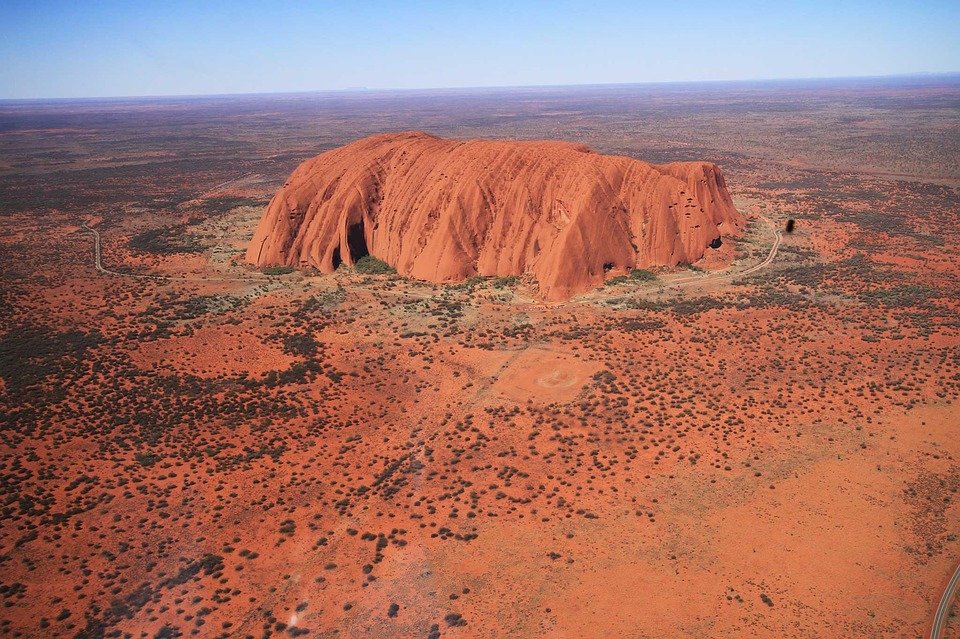
The “Australian dream” for many includes the Great Barrier Reef, Uluru and the Outback, the Sydney Opera House, and so much more. But to come to Australia expecting to see all this and more is likely a fantasy, unless you have a lot of time and money to burn. Wherever you are studying, there are surely plenty of amazing things nearby, and you can probably swing one big trip, but manage your expectations about seeing the whole country.
8. Crocodile Dundee is Not Your Average Australian
Despite what TV has taught us, it's not a good idea to call girls "sheilas" and don’t expect to see everyone dressed in safari gear, wrangling crocs. People do say “G’day,” but that’s about where the similarities stop. You’d do well to study up on your (modern) Aussie slang, but if not, you’ll pick it up eventually. (Often, if you abbreviate a word and add an “o” or “y” to the end of it, you’ll probably get close.) Furthermore, Australia is actually a very diverse country (which also means there is a great international food scene!).
9. Make an Effort to Study Up on the Country
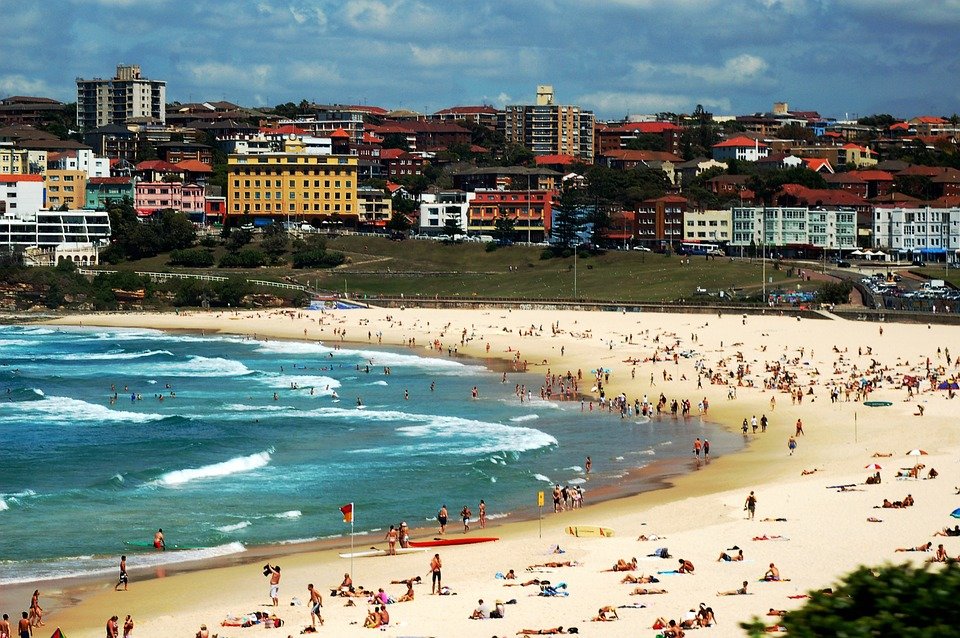
Speaking of stereotyping, make sure you read up about Australia before you set out to study abroad there. For example, what is the capital of Australia? Canberra! Impress your host country citizens by knowing a bit more than the average Joe, and do your due diligence to be a respectful and well-informed visitor.
Regardless of which study abroad program you select, you will most certainly get a feel for Australia's infamous laidback attitude, appreciation for nature, and overall contagious good vibes.
10. The Grading System is Different
If you’re going to be receiving Australian grades, it’s worth looking into what they mean. A “D” is in fact a pretty good grade! Most Australian universities use HD (High Distinction), D (Distinction), C (Credit), P (Pass), and F (Fail) as their grading system. So don’t freak out when you get your first "D"!
11. You May be Able to Work While You’re in Australia
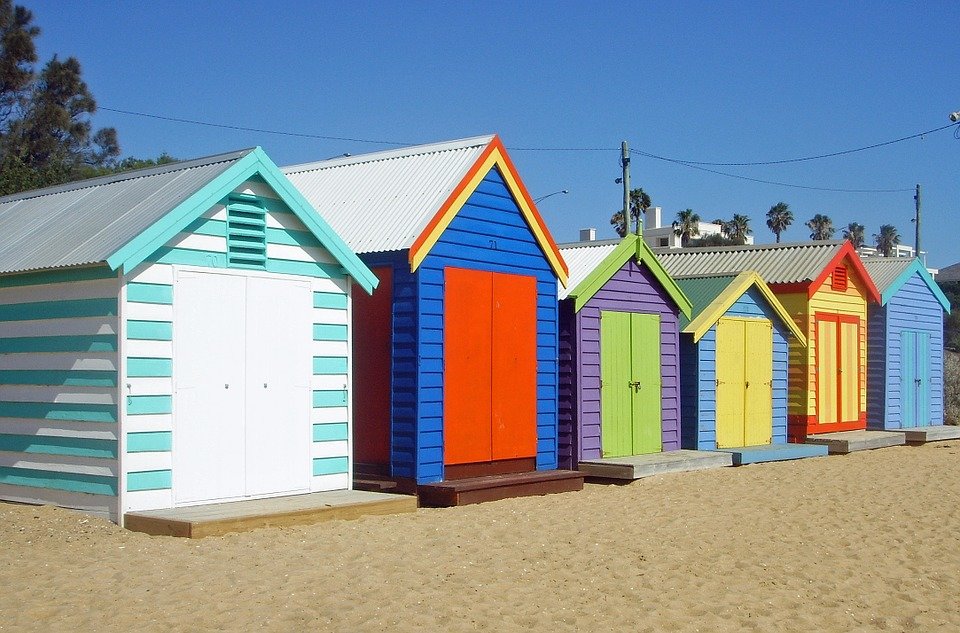
Remember that really expensive student visa you had to pay for? Well, you can earn that money back! The typical study visa in Oz will allow you to work a certain amount of hours each week. Considering the high minimum wage in Australia, it may well be worth it! (And a great way to meet people in your new city.)
12. Open a Bank Account
If you’re spending a semester or more in Australia, it may well be worth opening an Australian bank account. You can avoid the ridiculous fees you would likely face drawing out money with your home bank (and anywhere you can save a little bit of money will be well needed!), and some Australian bank accounts actually have a decent interest rate. This would be especially useful if you did decide to take on some part time work.
13. Know the Official (and Unofficial) Rules of the Road
There’s a pretty good chance you might end up renting a car at some point while you’re abroad. First, of course, you should know that Aussies drive on the left side of the road. Watch out for traffic cameras everywhere. And, oddly, don’t drive at dawn or dusk!
Yes, this may sound totally random, but during the early morning, late evening, and even nighttime kangaroos are everywhere and much harder to see coming. And they will not only cause damage to your car but probably to your emotions as well -- how much it would suck to hurt something so awesome?
Wherever you are studying, there are surely plenty of amazing things nearby, and you can probably swing one big trip, but manage your expectations about seeing the whole country.
Get ready for heaps of fun!
Being aware of these 13 simple facts will make your study abroad stay in Australia heaps (get used to using that word!) better. With a little preparation, I reckon you’ll have a wicked time -- kicking arse in class in the arvo and enjoying snags and stubbies on the beach on the weekend. Just don’t forget your sunnies!
This post was originally published in February 2014, and it was updated in July 2020.
